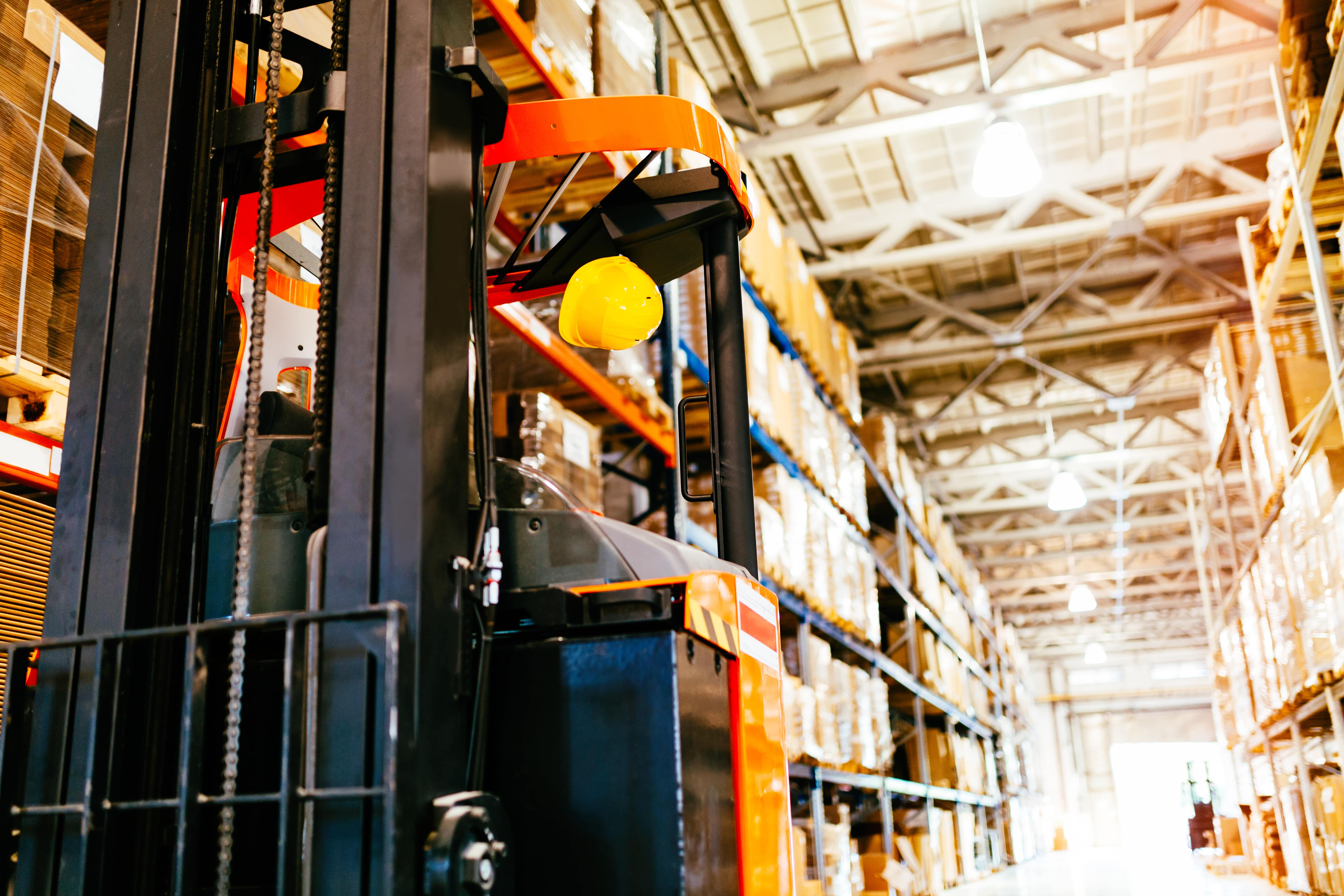The automotive manufacturing industry has long relied on a complex and interconnected global supply chain, sourcing critical raw materials from around the world.

The automotive manufacturing industry has long relied on a complex and interconnected global supply chain, sourcing critical raw materials from around the world. However, the ongoing Russia-Ukraine conflict has exposed vulnerabilities in these supply chains, particularly in the availability of essential materials like nickel, palladium, and neon gas. These disruptions have significantly impacted production capabilities, leading to challenges in inventory management, supply chain resilience, and cost control.
Nickel is a crucial raw material in the production of lithium-ion batteries, which are essential for electric vehicles (EVs). Russia, one of the largest global suppliers of nickel, has seen its exports severely disrupted due to the conflict. This has led to shortages and price spikes, complicating the production scheduling of automotive manufacturers and forcing many to rethink their demand planning strategies.
The scarcity of nickel not only disrupts production but also drives up the total cost of ownership for EVs, potentially slowing down the industry's transition to greener technologies. For manufacturers, the challenge lies in maintaining a balance between sustainable production and cost reduction, all while navigating the uncertainties of global supply chain management.
Palladium, another material heavily supplied by Russia, is integral to the manufacturing of catalytic converters used in internal combustion engines. As environmental regulations become more stringent, the demand for palladium has surged, making the current shortages even more critical. The disruption of palladium supplies is pushing manufacturers to explore alternative procurement solutions and consider the implications of dynamic scheduling in production to mitigate the impact on their supply chain resilience.
With supply chain disruptions extending into the foreseeable future, automotive manufacturers must also evaluate the role of digital twins in optimizing their supply chains. By creating digital representations of their physical assets and processes, companies can better anticipate potential shortages and adjust their logistics management strategies accordingly.
Neon gas, primarily sourced from Ukraine, is vital for the production of semiconductors. The automotive industry, which heavily depends on these components, is already grappling with a global semiconductor shortage exacerbated by the pandemic. The conflict has further strained semiconductor supply chains, leading to delays in automotive production and complicating inventory optimization efforts.
In this context, leveraging supply chain software that integrates demand forecasting and inventory management becomes increasingly important. Such tools can provide manufacturers with the end-to-end visibility needed to navigate these disruptions and maintain continuity in production.
To combat the ongoing supply chain disruptions, automotive manufacturers must adopt a more proactive approach to supply chain planning, leveraging the power of artificial intelligence (AI) to enhance their strategies. AI-driven planning provides a transformative edge by integrating advanced algorithms and real-time data analytics into demand planning, dynamic scheduling, and production processes. Some process that can leverage AI-Enabled platforms:
Traditional demand planning relies heavily on historical data and trends, which can be insufficient in volatile and unpredictable environments. AI, however, can process vast amounts of data from various sources—such as market trends, consumer behavior, economic indicators, and even social media—to generate more accurate demand forecasts. Machine learning models can continuously learn and adapt to new information, improving the precision of demand planning over time. This allows automotive manufacturers to anticipate shifts in demand more effectively, optimize their inventory levels, and reduce the risk of stockouts or overproduction.
Dynamic scheduling is crucial for maintaining production continuity amidst disruptions, especially in a complex industry like automotive manufacturing, where delays in the supply of critical raw materials can halt entire production lines. AI can optimize production scheduling by analyzing real-time data on material availability, production capacity, and order priorities. It can simulate various scenarios and recommend the most efficient scheduling adjustments, ensuring that production continues smoothly even when unforeseen disruptions occur.
For instance, if a shortage of a key material like palladium is detected, AI-driven scheduling can automatically reallocate resources, prioritize alternative production tasks, or adjust timelines to minimize downtime. This agility helps manufacturers maintain operational efficiency, reduce costs, and avoid the ripple effects of supply chain disruptions.
Command centers equipped with AI capabilities enable real-time decision-making by providing a comprehensive view of the entire supply chain ecosystem. AI can analyze data from various sources, including suppliers, logistics providers, and internal production systems, to detect patterns and anomalies that might indicate potential disruptions. With AI, command centers can offer predictive insights and prescriptive recommendations, allowing supply chain managers to take timely action to mitigate risks.
For example, if AI detects a potential delay in the delivery of neon gas from a key supplier in Ukraine, it can trigger an alert and suggest alternative sourcing options or adjustments to the production schedule to prevent a halt in semiconductor manufacturing. This proactive approach ensures that automotive manufacturers can respond swiftly to supply chain challenges, minimizing their impact on production timelines and costs.
AI-leveraged planning represents a significant advancement in supply chain management for the automotive industry. By integrating AI into demand planning, dynamic scheduling, and production processes, manufacturers can enhance their supply chain resilience, optimize inventory management, and maintain operational efficiency in the face of ongoing disruptions. As supply chains become increasingly complex and unpredictable, the adoption of AI-driven strategies will be crucial for automotive manufacturers to stay competitive and agile in a rapidly changing global market.
Test your own scenarios with TADA’s Clean TO! Build and see the impact in minutes.
Try TADA Clean TO! Build
Test your own scenarios with TADA’s RM Inventory Manager and see the impact in minutes.
Try RM Inventory Manager

Use TADA’s Tariff Manager to model costs, build agility, and protect margins.
Try the Tariff Manager
Test your own scenarios with TADA’s Tariff Manager and see the impact in minutes.
Try the Tariff Managerest your own scenarios with TADA’s RM Inventory! Manager and see the impact in minutes.
TRY RM Inventory! Manager